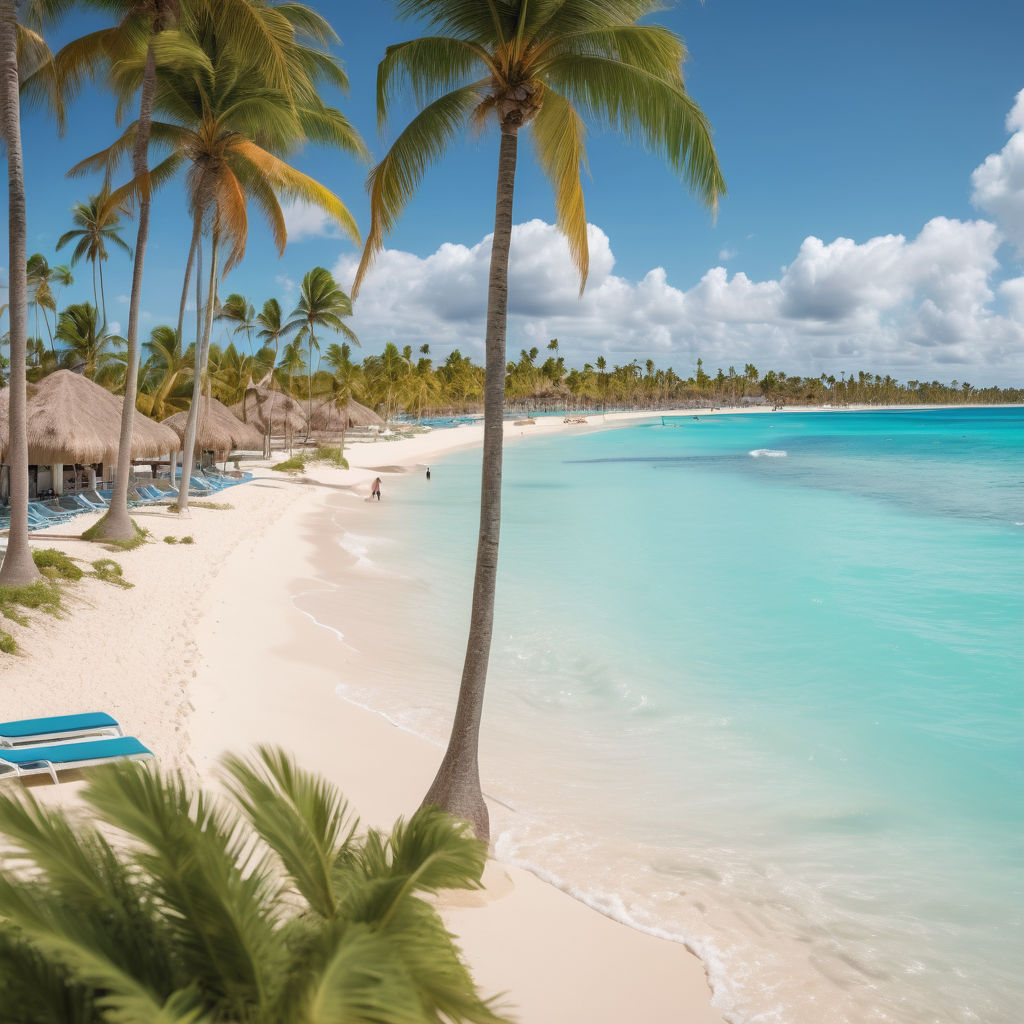Discover the Dominican Republic: Culture, Social Dynamics, and Cross-cultural Interactions
Exploring the Dominican Republic’s Cultural Heritage, Social Interactions, and Cross-cultural Relationships

Introduction to the Dominican Republic
The Dominican Republic, located on the island of Hispaniola in the Caribbean region, shares the island with Haiti to the west. The country boasts stunning beaches, lush mountainous landscapes, and a vibrant cultural scene. Major cities include the capital, Santo Domingo, known for its rich colonial history and dynamic nightlife; Santiago de los Caballeros, a cultural and economic hub; and Punta Cana, famous for its pristine resorts and beaches. The Dominican Republic's rich cultural heritage is a blend of Taino, African, and Spanish influences, evident in its music, dance, food, and festivals.
Cross-national and Cross-cultural Understanding
The people of the Dominican Republic are generally warm and welcoming towards other cultures. This open-mindedness is rooted in the country’s diverse heritage and its history of being a crossroads for various cultures and peoples. The Dominican Republic has strong ties with many countries around the world, which is reflected in its cultural exchanges and educational programs. Significant cultural exchanges take place through partnerships with countries such as the United States, Spain, and various Latin American nations. These exchanges are often facilitated by educational institutions, which offer programs that promote understanding and appreciation of different cultures. For example, universities in the Dominican Republic have established exchange programs that allow students to study abroad and experience different cultural settings. Additionally, the country hosts numerous international festivals, such as the Santo Domingo International Film Festival, which showcase global talent and promote cultural dialogue.
Interactions and Social Dynamics
Interactions between Dominicans and foreigners are typically characterized by friendliness and hospitality. Social behaviors in the Dominican Republic are often informal and relaxed, with a strong emphasis on personal relationships and community. It is common for people to greet each other with a warm handshake, hug, or kiss on the cheek, reflecting the close-knit social fabric of Dominican society. Communication styles are generally expressive and animated, with a preference for face-to-face interactions. Dominicans often use gestures and body language to convey their messages, and storytelling is a cherished tradition. This dynamic communication style helps bridge gaps between different cultures and facilitates understanding. Language plays a crucial role in these interactions. Spanish is the official language of the Dominican Republic, but English is also widely spoken, especially in tourist areas and among the younger generation. This multilingualism enhances communication between Dominicans and foreigners, making it easier for visitors to navigate and integrate into local society.
Views on Dating and Relationships
Dating and relationships with foreigners are generally accepted in the Dominican Republic, particularly in urban areas and tourist destinations. The Dominican culture places a high value on romantic relationships, and there is a notable openness towards intercultural unions. However, traditional values and family expectations can still influence attitudes towards dating. Cultural expectations often emphasize respect, loyalty, and commitment in relationships. While younger Dominicans might adopt more liberal views on dating, older generations may hold more traditional views. It is common for families to play a significant role in the approval and development of romantic relationships, and gaining family acceptance is often seen as crucial for a successful partnership.
Marriage and Family
Marrying a foreigner in the Dominican Republic involves navigating both cultural and legal landscapes. Legally, there are no significant barriers to marrying a foreigner, but the process requires compliance with specific regulations, such as obtaining necessary documentation and meeting residency requirements. Socially, acceptance of cross-cultural marriages is growing, although some traditional families may express reservations. Family plays a central role in Dominican society, and gaining family approval is often seen as crucial for a successful marriage. Cross-cultural marriages necessitate a harmonious blending of different customs and traditions, which can be both enriching and challenging. Common practices in cross-cultural marriages include incorporating elements from both cultures into wedding ceremonies and family life. This might involve celebrating a range of traditions and customs, such as combining Dominican and foreign wedding rituals or integrating various holiday celebrations.